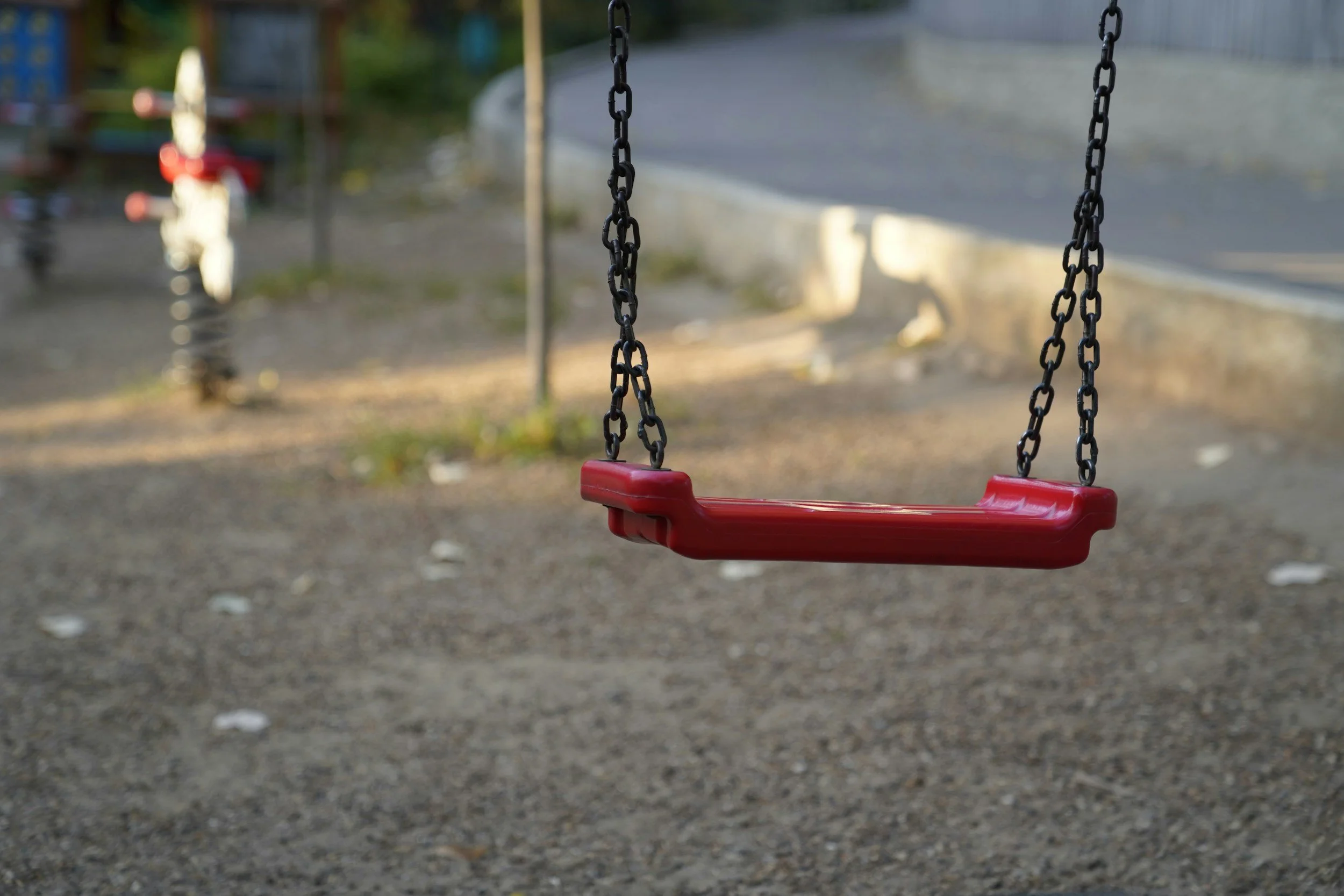

"Trigger" vs. "Access Point:" Changing Our Language So We Can Heal
The word trigger can often be pathologizing, while an "access point" invites us into a space of curiosity and openness, encouraging us to look deeper into what our reactions might be trying to show us. This shift in language empowers us to relate to our trauma responses in a healthier way, and heal.

Why You Feel Stupid During a Trauma Response
When we’re triggered, the brain shifts from its usual rational, calm state to a survival-driven state. Let’s dive into what happens in the brain when we’re feeling activated and why it can make clear thinking so challenging.

4 Ways Trauma Changed Your Brain | Why You Feel Stuck
When someone experiences trauma, their brain becomes wired for survival, stuck in a heightened state. Even long after the traumatic event has passed, the brain continues responding to stress as if it's under immediate threat. Trauma changes the brain, but there are things we can do to heal it.

How to Move Trauma Out of Your Body
When we aren't able to move stress out of our bodies in the moment of a traumatic event, stress locks itself into our muscles, nervous system, and even our posture. Healing involves letting this stress move out of our bodies by reconnecting with ourselves and trusting our body's instincts.

9 Behaviors That Prime You for a Trauma Bond
Those of us who grew up in dysfunctional homes tend to share common learned behaviors that make it easy for us to fall into toxic relationships. It’s like we have a big sticker on our forehead that says, “Toxic People, Choose Me!”

5 Signs it’s a Trauma Bond NOT Love
There are so many ways a trauma bond looks (and feels) similar to a healthy relationship–especially in the beginning. The “spark” we feel might be the start of a rollercoaster relationship rather than a deep, loving connection with our partner.

Overcoming Emotional Immaturity Inherited from Your Parents
I often find that healing from emotionally immature parenting cannot occur until we also see the emotional immaturity that we ourselves inherited.

Transforming Triggers into Connection: A Trauma-Informed Approach for Couples
Do you hold your breath, hoping that your trigger won’t become a massive conflict? For many of us, we might have had such extreme blow ups as a result of our triggers that we have become terrified of conflict. The good news is that when managed well, these conflicts can draw you closer together.


5 Tips for Navigating Trauma in Your Relationship
There is a difference between a couple that self-destructs and a couple that grows closer amidst their trauma. So today we're going to talk about five tips that are going to help you and your partner have a healing experience in your relationship amidst the trauma.

Emotionally Immature Parents and CPTSD
The lack of emotional attunement and presence from your parent is traumatic, and carries with us into our relationships. Let's explore the 4 types of emotionally immature parents and its impact on us as adults.
